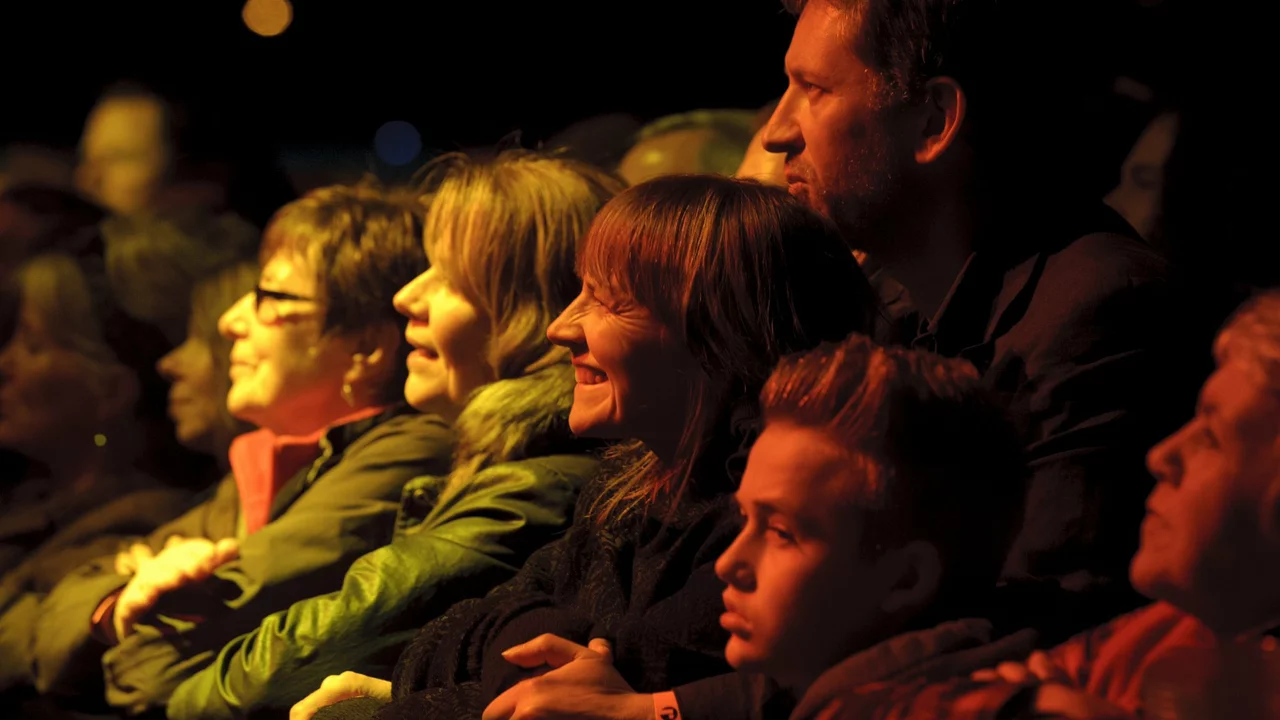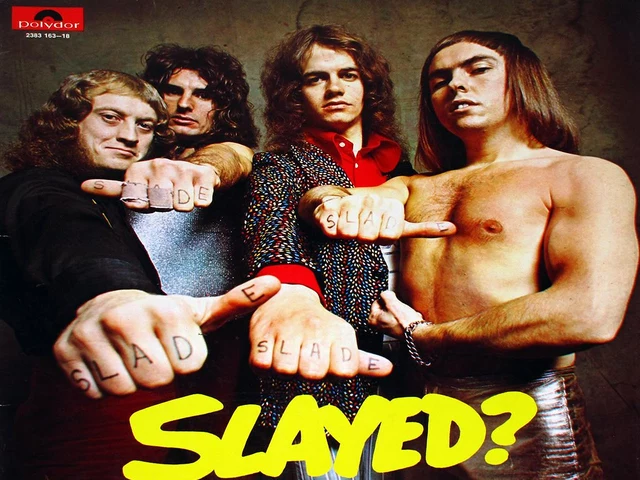Why do some people dislike musicals?
Understanding the Concept of Musicals
Firstly, it's crucial to comprehend what a musical entails. A musical is a form of theatrical performance that combines songs, spoken dialogue, acting, and dance. The story and emotional content, including humor, pathos, love, anger – are communicated through the words, music, movement, and technical aspects of the entertainment as an integrated whole. Despite their popularity, some people still don't enjoy musicals. Let's delve into why.
An Unnatural Display of Emotions
One of the most common reasons people cite for disliking musicals is the sudden burst into song and dance. To some, this feels unnatural and disrupts the flow of the narrative. They prefer dialogue and action that feels more realistic and relatable. The transition from speaking to singing can feel jarring and unnecessary to these individuals, leading to a disconnect from the storyline and characters.
The Overly Dramatic Tone of Musicals
Another significant issue some people have with musicals is the melodramatic tone that many of them take on. Characters in musicals often express their feelings in an exaggerated manner, which might seem over the top for some viewers. They might prefer a more subtle approach to storytelling, where emotions aren't always spelled out in song lyrics but rather implied through dialogue and actions.
The Suspension of Disbelief
The concept of suspension of disbelief is a crucial aspect of any form of fiction, including musicals. It refers to a willingness of a person to suspend his or her critical faculties and believe the unbelievable; sacrifice of realism and logic for the sake of enjoyment. In musicals, the audience is expected to accept that characters can spontaneously break into song. This can be a tough sell for people who are more grounded in reality and prefer their entertainment to mirror real life as closely as possible.
Preference for Other Genres
Of course, personal preference plays a significant role in whether someone enjoys musicals or not. Some people simply prefer other genres like drama, action, comedy, or horror. They might enjoy the intensity of an action-packed thriller, the suspense of a horror movie, or the subtlety and depth of a drama. In contrast, a musical might not provide the kind of emotional or intellectual stimulation they're looking for in entertainment.
The Influence of Preconceived Notions
Lastly, preconceived notions about musicals can contribute to someone's dislike for the genre. If someone has been exposed to negative stereotypes about musicals or have had a poor experience with a musical in the past, they might be less inclined to give other musicals a chance. In such cases, the dislike for musicals is less about the genre itself and more about the individual's personal experiences and perceptions.
In conclusion, while musicals are a beloved genre for many, they're not everyone's cup of tea. Whether it's the unrealistic display of emotions, the dramatic tone, the requirement for the suspension of disbelief, a preference for other genres, or the influence of preconceived notions, various factors can contribute to someone's dislike for musicals. But as with any form of art, the beauty of musicals is in the eye of the beholder.






